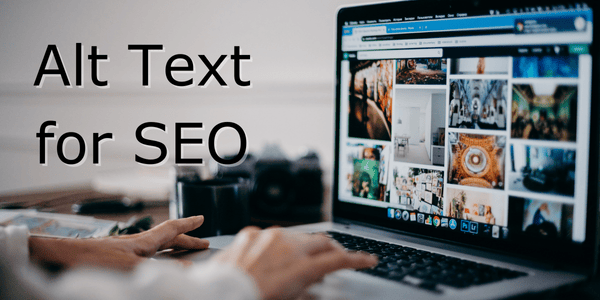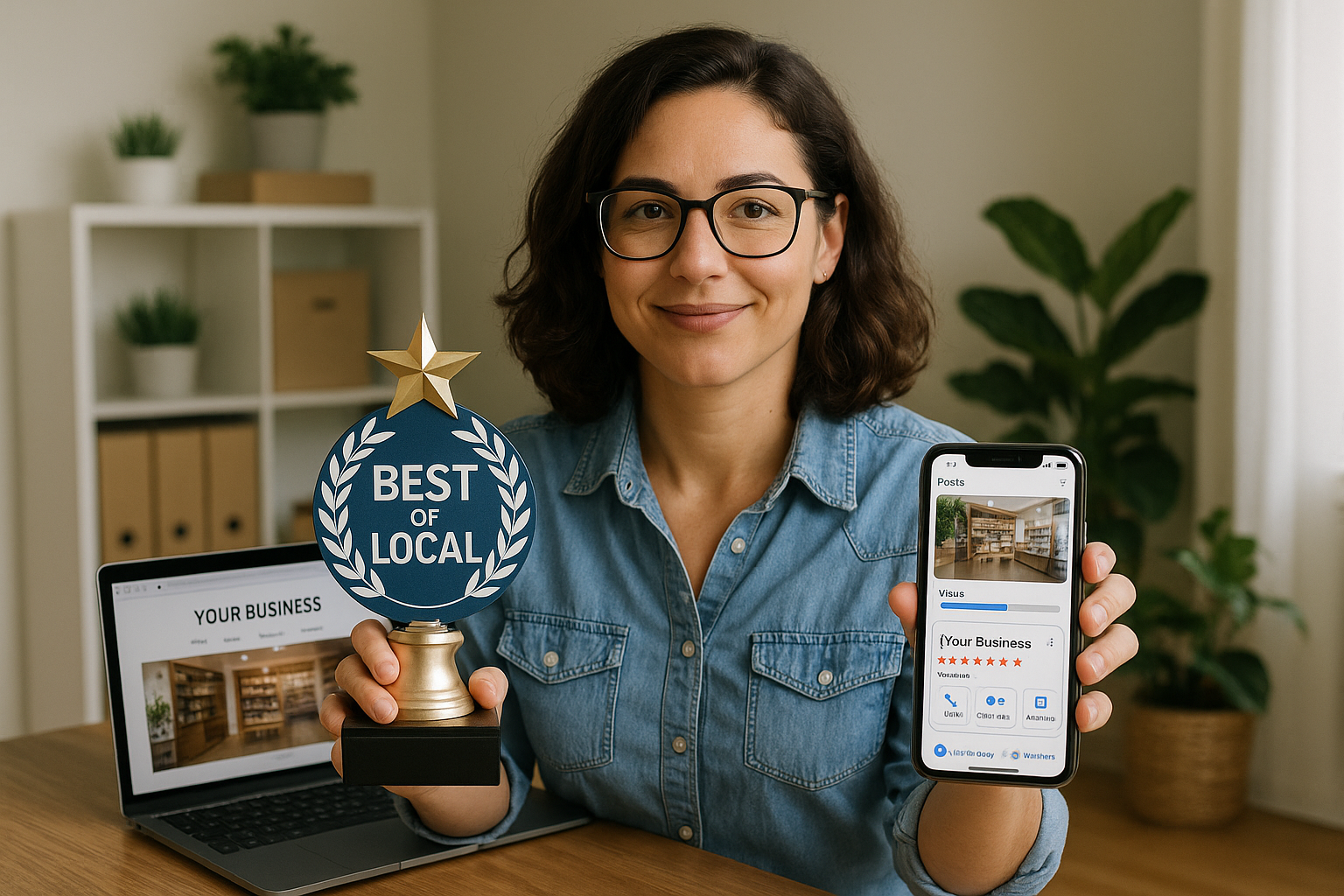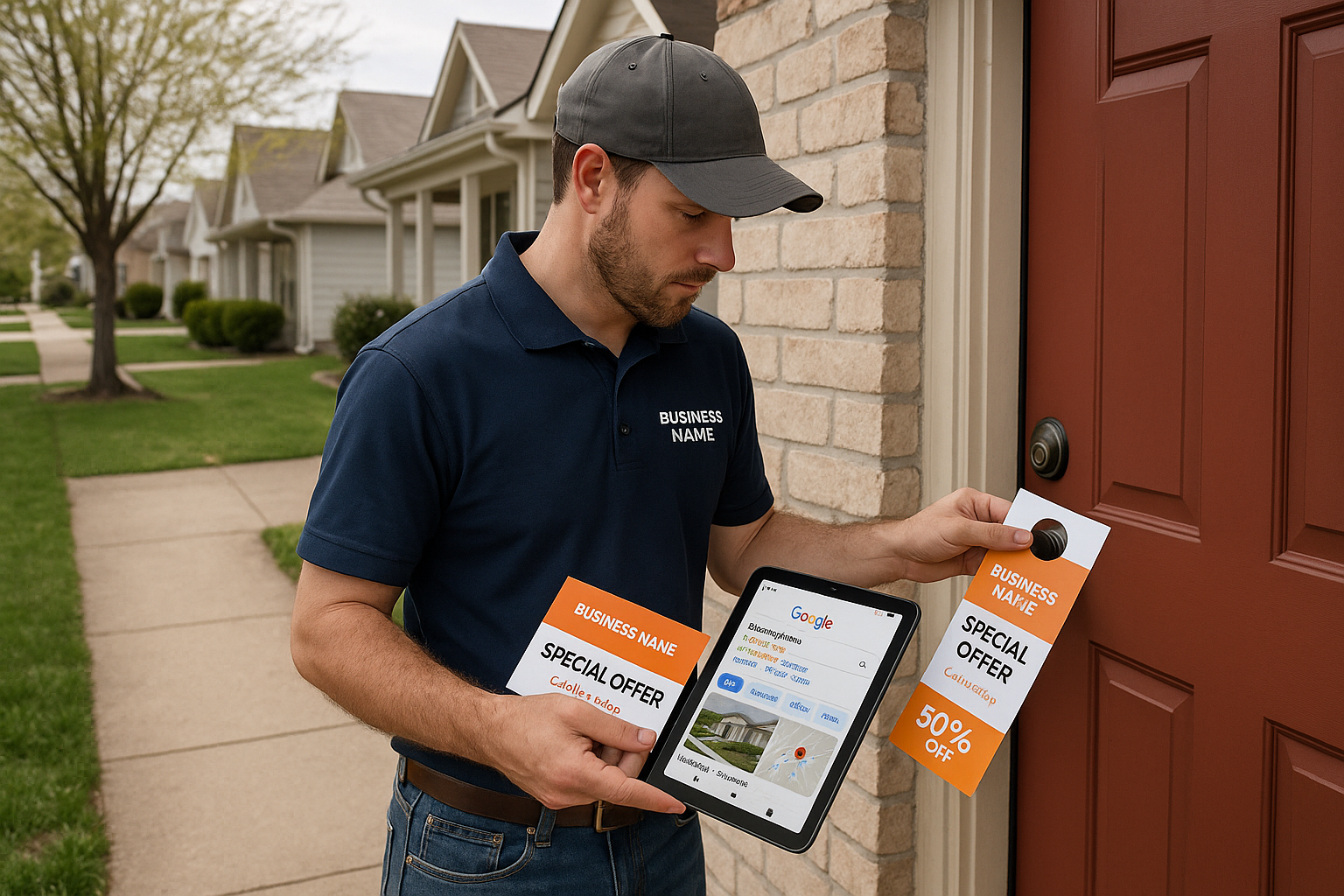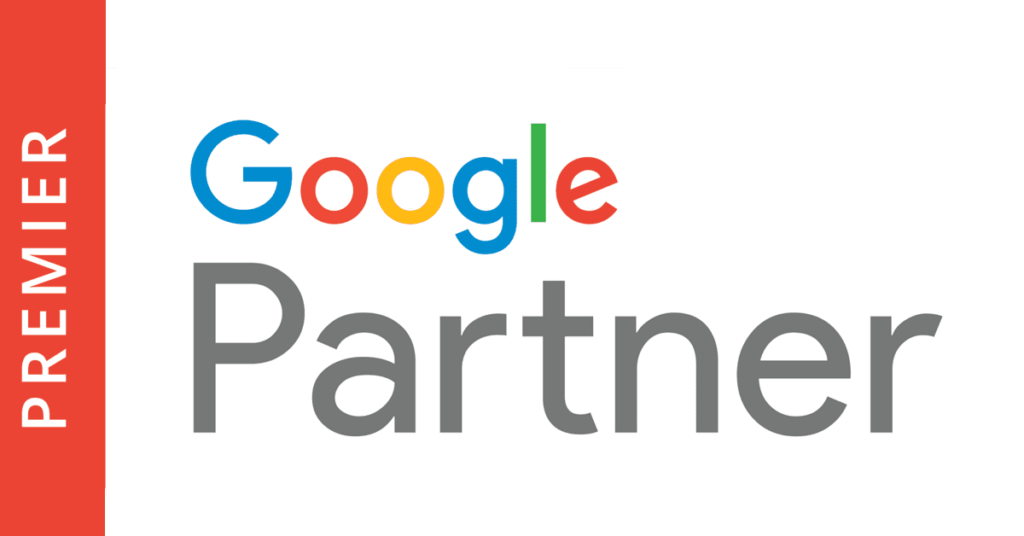Are Your Images Helping or Hurting Your SEO? Here’s How to Fix It
You’ve invested time in building your website—polished design, engaging content, and high-quality images. But if your images aren’t optimized for SEO, you could be missing out on valuable search rankings and potential customers.
Search engines like Google can’t “see” images the way humans do. Instead, they rely on alt text, file names, and surrounding content to understand what’s in an image and how it relates to search queries. Properly optimized images with alt text for seo can improve search rankings, increase website traffic, and enhance user experience.
At Rep Lock Marketing, we help businesses maximize their SEO potential. This guide will walk you through image optimization best practices to ensure your site ranks higher, loads faster, and attracts more visitors.
Why Optimizing Images Matters for SEO
How Search Engines Interpret Images
Google and other search engines rely on text-based descriptions to understand image content. Without proper optimization, your images won’t contribute to your website’s SEO performance and could even slow down your site, hurting rankings.
How Image SEO Improves Website Rankings
- Helps search engines better understand your content
- Increases the likelihood of appearing in Google Image Search
- Improves website accessibility, which Google considers a ranking factor
- Boosts user experience by making content more visually engaging
- Enhances page speed, reducing bounce rates and improving conversions
Bonus: Faster Load Times and Accessibility
Large, unoptimized images can slow down your website, frustrating users and negatively impacting rankings. Google prioritizes fast-loading sites, so optimizing images improves both performance and search visibility.
Additionally, alt text makes websites more accessible for visually impaired users who rely on screen readers. Websites that comply with ADA (Americans with Disabilities Act) and WCAG (Web Content Accessibility Guidelines) demonstrate inclusivity and professionalism while avoiding potential legal risks.
What Is Alt Text and Why Is It Important?
Defining Alt Text (Alternative Text)
Alt text is a short HTML attribute that describes an image when it fails to load or is read by assistive technologies. It helps search engines and screen readers understand an image’s content.
How Alt Text Boosts Image SEO Rankings
- Search engines use alt text to determine an image’s relevance to search queries
- Well-written alt text can improve rankings for related keywords
- Alt text enhances image discoverability in Google Image Search
Alt Text for Accessibility
Beyond SEO, alt text ensures web accessibility, making content readable for visually impaired users. Optimizing images with alt text makes your website compliant with accessibility standards and improves the user experience for all visitors.
Best Practices for Writing Alt Text for SEO
1. Be Descriptive and Specific
Your alt text should clearly describe what’s in the image. Instead of a vague phrase like:
- “dog”
Try:
- “Golden Retriever puppy running in a grassy park with a red ball.”
2. Use Keywords Naturally
- Good Example: “SEO expert analyzing website rankings on a laptop screen.”
- Bad Example (keyword stuffing): “SEO, SEO image, SEO optimize, SEO ranking image, SEO marketing.”
Google penalizes keyword stuffing, so always keep alt text natural and relevant.
3. Keep Alt Text Concise
Best practice: Alt text should be under 125 characters.
Screen readers may cut off long descriptions, making concise alt text more effective.
4. Skip Generic Phrases
- Avoid: “Image of…” or “Picture of…”
- Better: “Digital marketing strategy diagram with keyword research data.”
Screen readers already announce images, so there’s no need to include redundant phrases.
5. Ensure Alt Text Matches the Context
Alt text should be relevant to the surrounding content. If an image doesn’t add meaningful value, it’s better to leave the alt attribute empty (alt=””) for decorative images.
Additional SEO Strategies for Image Optimization
1. Choose the Right File Format
Different image formats impact website speed and performance:
- JPEG – Best for photos, offering small file sizes
- PNG – Ideal for images requiring transparency, but larger in size
- WebP – A modern format with superior compression and quality
2. Compress Images for Faster Load Times
Large files slow down websites. Use image compression tools to reduce file size while maintaining quality:
- TinyPNG
- ShortPixel
- Squoosh
Faster websites lead to better SEO rankings and lower bounce rates.
3. Use Descriptive File Names
Before uploading, rename image files with SEO-friendly keywords:
- Bad: “IMG_12345.jpg”
- Good: “digital-marketing-strategy.jpg”
A descriptive file name helps search engines index your images correctly.
4. Implement Structured Data for Better Indexing
Using structured data (schema markup) helps Google better understand your images and display them in search results with rich snippets.
Common Mistakes to Avoid When Optimizing Images
- Avoid keyword stuffing in alt text – Use natural language
- Don’t reuse the same alt text across multiple images – Each image should have unique, relevant descriptions
- Skipping alt text for functional images – Buttons and CTAs need alt text that describes their function (e.g., “Sign Up Now button”)
Boost Your SEO with Smarter Image Optimization
Images play a significant role in SEO, user experience, and website performance. Properly optimizing your images with alt text, compression, and relevant file names can improve search rankings and drive more traffic to your site.
Key Takeaways:
- Use alt text that is descriptive, keyword-rich (but natural), and concise
- Compress images to improve page speed and SEO rankings
- Choose the right file format for performance and quality
- Rename files with SEO-friendly names before uploading
Need Expert Help Optimizing Your Website for SEO?
At Rep Lock Marketing, we specialize in SEO optimization, website design, and digital marketing to help businesses stand out online.
Schedule a FREE consultation today and let’s unlock your business’s full potential.






